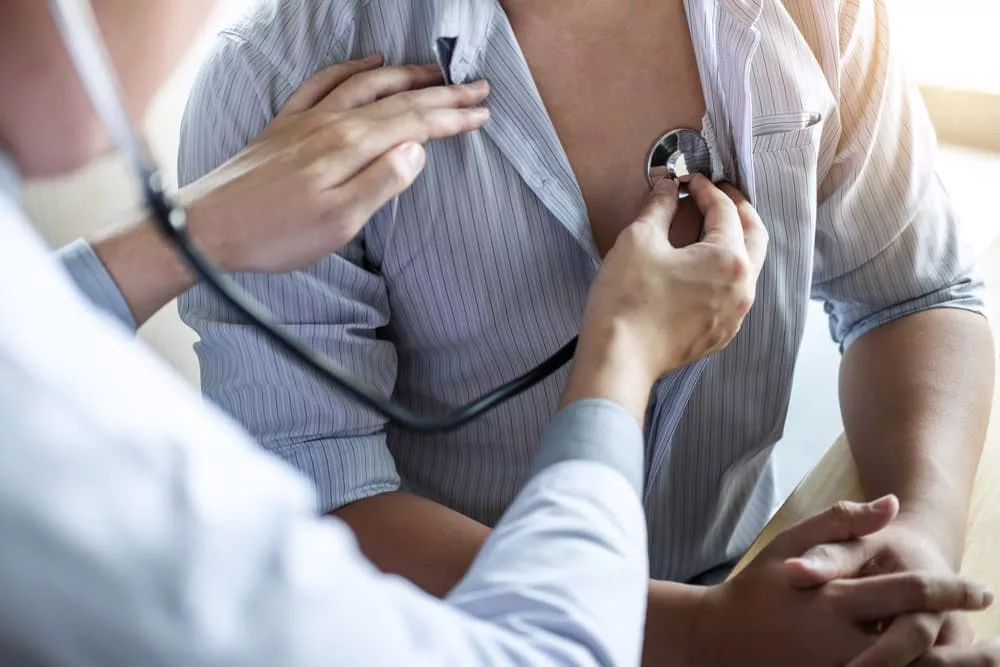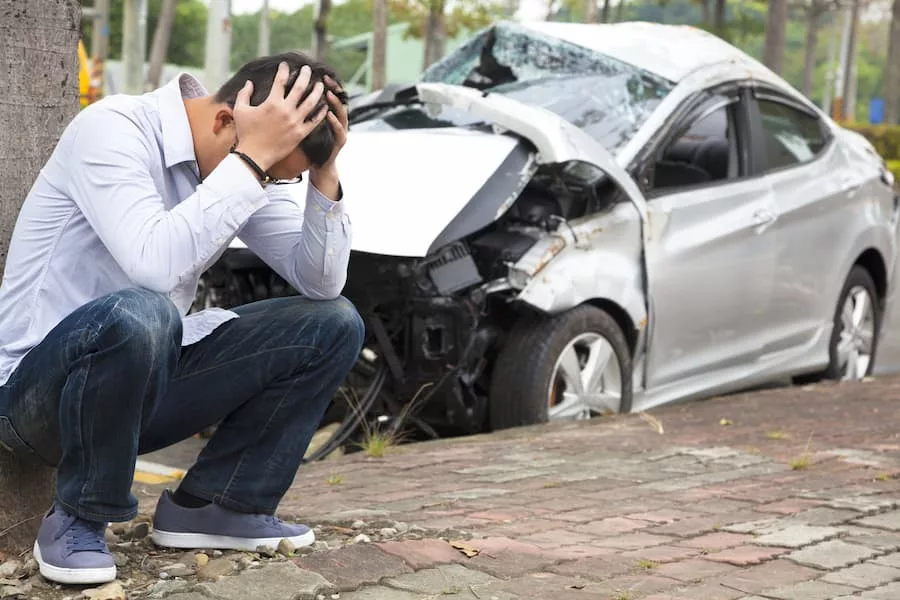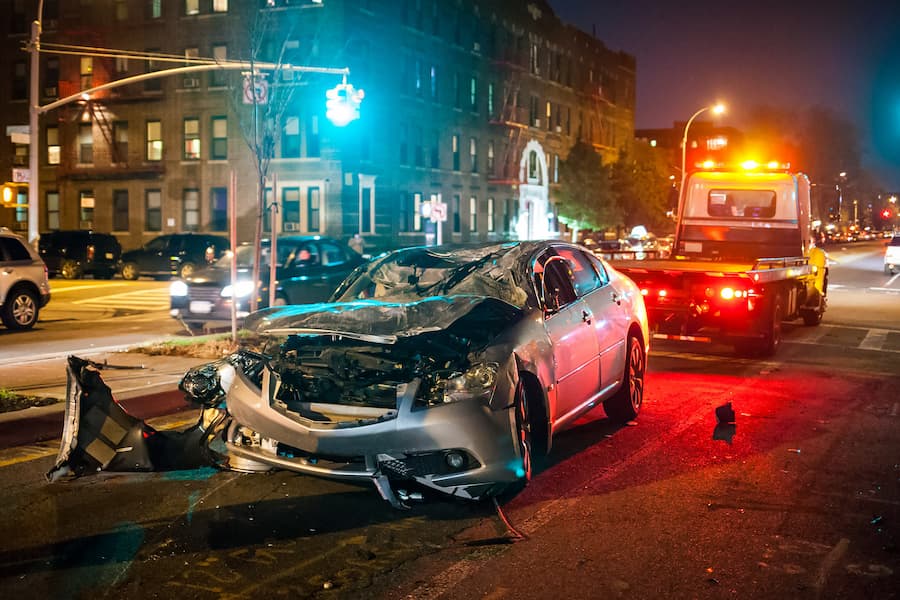What to Do After a Car Accident
After a car accident, the last thing you need right now is more stress. After a wreck, your medical expenses pile up, your injuries keep you from returning to work, and you wonder how you’ll pay your bills. During this challenging time, it’s easy to feel overwhelmed thinking about what to do next.
However, you can take steps after a car accident to safeguard your health and legal rights. This blog will provide information and guidance on what to do after a car crash, from taking care of your health to gathering evidence of your injuries and property damage. This blog will also explain how an experienced car accident attorney could help you prepare a robust case and pursue compensation for your injuries and other losses. Reach out to a Miami car accident lawyer.
Keep reading to learn more about how you can lay a strong foundation for your injury case should you decide to file an insurance claim or a personal injury lawsuit to seek financial relief.
First, Take Care of Your Health
The first step you should take after any car accident is to seek immediate medical attention. Even if you don’t think you got seriously hurt, it’s essential to see a healthcare professional who can evaluate and diagnose your condition.
Many car accident victims experience delayed symptoms from crash injuries, such as lingering headaches, neck pain, or back aches. Many of these symptoms do not appear immediately, but they can cause severe and life-threatening harm without treatment. By going to the doctor as soon as possible after an accident, you can make sure a qualified professional detects and treats your hidden injuries early on.
If you fail or refuse to seek medical attention after a car accident, you risk developing health complications that could affect your life for years to come. Potential complications could include chronic pain, permanent physical limitations, and other long-term issues. Getting prompt treatment for your crash injuries reduces your risk of complications and gives your body the resources to recover as fully as possible.
In addition to endangering your health, failure to seek medical care could jeopardize your rights in case of a personal injury lawsuit or insurance claim. Getting prompt medical attention after an accident can strengthen your claim because documentation of your injuries and the steps you took to get treatment can be evidence of the compensation you might need. Medical records are often the most critical documents in a car accident case, so it pays to take care of your health from the start.
Follow Your Doctor’s Orders
When you seek treatment after a car accident, your doctor might prescribe you certain medications, recommend a specific rehabilitation plan, or schedule follow-up appointments for the future. If they do, following their recommendations is essential to protecting your health and your right to seek compensation for your crash injuries.
Doctors design treatment plans to help patients recover from injuries and manage their symptoms effectively. If you don’t follow your doctor’s treatment plan, you might find it challenging to prove that your current injuries are from a car accident.
For instance, the insurance company might argue that you don’t deserve compensation for your medical bills because you could have previously taken steps to treat your injuries before they worsened. The insurance company might also argue that your injuries are from a pre-existing condition rather than a car accident.
Taking care of your health now also means reducing your chances of developing complications in the future. Even if you get the money you need from a claim settlement now, your injuries could worsen over time without proper care, and you can’t go back to ask for more money after you’ve settled a claim.
Following your doctor’s orders will go a long way toward strengthening your personal injury case after a car accident. Taking their advice and checking in with them will generate concrete documentation of your recovery in the form of permanent medical records, showing interested parties precisely what it takes to heal from your accident-related injuries.
Document Your Recovery Journey
At every stage of your recovery after a car accident, you should record details about your healing progress in a “pain journal.” If you are already far along in your recovery journey and don’t have a pain journal, there’s no harm in starting one now. Begin by writing down everything you can remember about the accident, your injuries, your recovery, and how everything has affected your day-to-day life.
Once you have a handy journal, notepad, or digital document, you should start documenting your symptoms, pain levels, and other relevant health information to paint a picture of how you recover over time. You can write new entries once a day, once a week, or however often makes sense for your unique situation.
If you’re considering filing an insurance claim or personal injury lawsuit, a pain journal can provide valuable evidence of the extent and impact of your crash injuries. With documentation of your symptoms and other critical recovery information, you’ll have a clear record of how the accident has affected your life. This is often useful if you must recall specific details about your injuries or recovery journey in the future.
Gather Evidence From the Crash
Gather evidence as soon as possible after the accident while the details are still fresh in your mind and the physical evidence is still viable. You need substantial evidence in any successful accident claim because it proves your personal and financial losses. Don’t hesitate to ask for help from a friend, family member, or lawyer if you feel too hurt or busy to handle this part by yourself.
Photographs and video footage are beneficial evidence in many car crash claims. Taking photos or shooting video of the accident scene, visible injuries, and vehicle damage creates valuable visual evidence of what happened and its effect on you.
Take photos of the entire crash scene from multiple angles, including the relative positions of the vehicles, skid marks on the road, and any nearby conditions that might have contributed to the accident. You should also note whether there are traffic or surveillance cameras from nearby businesses that might have recorded the crash.
It’s also a good idea to look for any people near the scene who might have witnessed the accident. If you find any witnesses, politely ask them to describe what they saw and provide their contact details so you can follow up with them later. Unbiased testimony from a reliable eyewitness can support your claim in a big way.
Keep Copies of Important Papers
In addition to gathering evidence from the crash, get copies of essential papers and documents related to the accident, including:
- Police accident reports. When police officers respond to a crash scene, they write reports about the accident and the steps they took to render aid. These crash reports include essential information such as who was in the crash, where and when the accident occurred, and any traffic violations the officer saw. A police accident report can serve as crucial evidence in a crash injury case, and many insurance companies require one when you file a claim.
- Medical records. Your medical records document your healthcare experiences after an accident, including the dates of your appointments, the types of injuries you had, and the treatments you received. These records are critical evidence for establishing the extent and severity of your injuries and the connection between your injuries and the accident.
- Wage loss information. If you cannot work due to your crash injuries, you must document how much income you lose. This type of documentation could include pay stubs, bank statements, employment contracts, and other papers showing how much money you made before the accident and how much you lost.
- Repair estimates. If your car or other personal property sustained damage in the accident, gather estimates from reputable dealers or mechanics as proof of the cost of repairing or replacing your vehicle. This documentation will indicate the extent of your property damage losses, including the price of a rental car and certain related expenses.
Watch What You Say to Others
After a car accident, you must be mindful of what you say to others, especially insurance company representatives. The words you choose and the information you share could significantly impact your legal rights.
In Florida, which follows a no-fault insurance system, you should be cautious even when speaking to representatives from your insurance company. It’s natural to want to be honest and cooperative, but always remember that all insurance companies are for-profit businesses whose goal is to pay out as little as possible on claims.
If you must speak with your insurance provider, keep your statements brief, don’t offer any extraneous information, and never guess if you don’t know the answer to a question.
If the other driver’s insurance company approaches you after the accident, it’s even more important to be cautious. The other driver’s insurance company is not on your side by any means, and they might try to get you to make confusing or contradictory statements that they can use against you later. Avoid giving any recorded statements to the insurance company or signing any documents before speaking to a lawyer. A lawyer can help you protect your rights and keep the pressure on the insurance company.
Avoid Posting Anything Online
People injured in car accidents should be careful about posting or sharing anything online after the crash. Many are frequent social media users, and sharing updates can feel cathartic, especially after a traumatic event like a car accident. But remember, the internet is a public space, and anything you post or share online could work against you if you file an injury claim.
Recently, insurance companies have begun reviewing claimants’ social media accounts to gather evidence to deny or minimize accident injury claims. Adjusters might search for posts or photos related to the accident and the people involved, looking for any excuse to challenge valid injury claims. The same applies to public comments and messages you exchange with friends and family online, which the insurance company could use to discredit your evidence or question your credibility.
To protect your legal rights after an accident, it’s a good idea to avoid posting anything related to the accident or your injuries on social media, and it’s better to stay off social media altogether. The insurance company could use a seemingly innocent smiling selfie to insist that it shouldn’t have to pay for your claim because it doesn’t look like you’re suffering too much.
Contact a Car Accident Lawyer
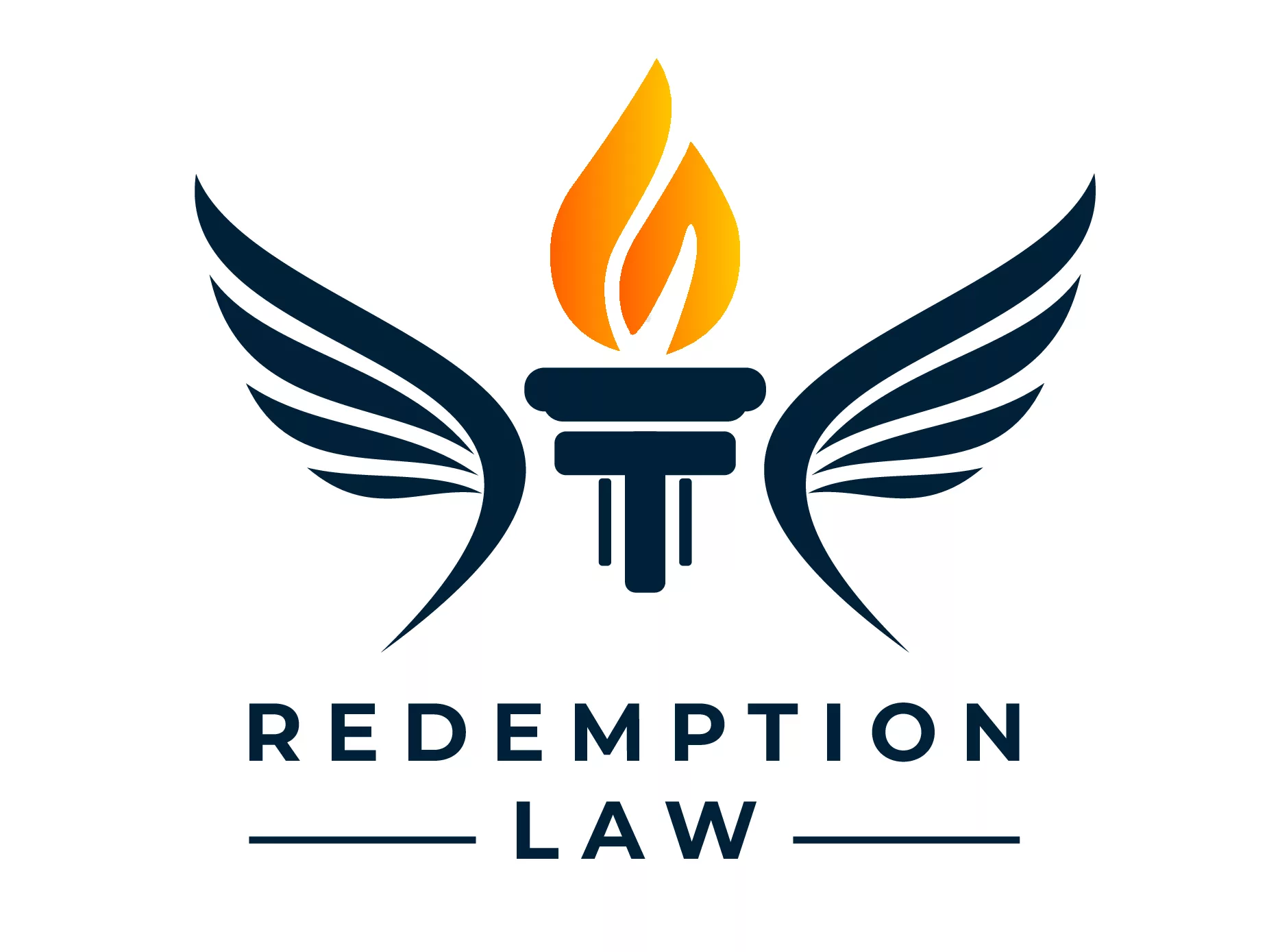
If you recently suffered injuries in a Miami car accident through no fault of your own, contacting a knowledgeable injury lawyer is one of the most important steps you can take. A trusted attorney can support you and handle every aspect of your legal claim as you recover from your injuries. Reach out to a Miami personal injury lawyer.
Your lawyer can also:
- Explain your legal rights and identify all possible sources of compensation for your crash injuries, including third-party insurance policies
- Conduct an independent investigation into the car accident to determine who is liable for the crash and uncover valuable evidence to support your claim
- Communicate with insurance adjusters, other drivers, and other attorneys, so you don’t have to stress about watching every word you say
- Interview eyewitnesses for valuable supporting testimony and work with expert witnesses, such as accident reconstruction specialists
- Manage essential case documents, details, and deadlines on your behalf
- File insurance claims paperwork and negotiate aggressively to maximize the value of your crash injury settlement
- Take your case to court and represent you at trial if the other side won’t pay
An attorney can handle every detail of your case so that you can focus on healing from your injuries and moving forward with your life. Contact a car accident lawyer to learn more about your legal rights after a car crash.
Related articles
Related articles Related articles Related articles Related articles Related articles Related articles Related articles Related articles Related articles Related articles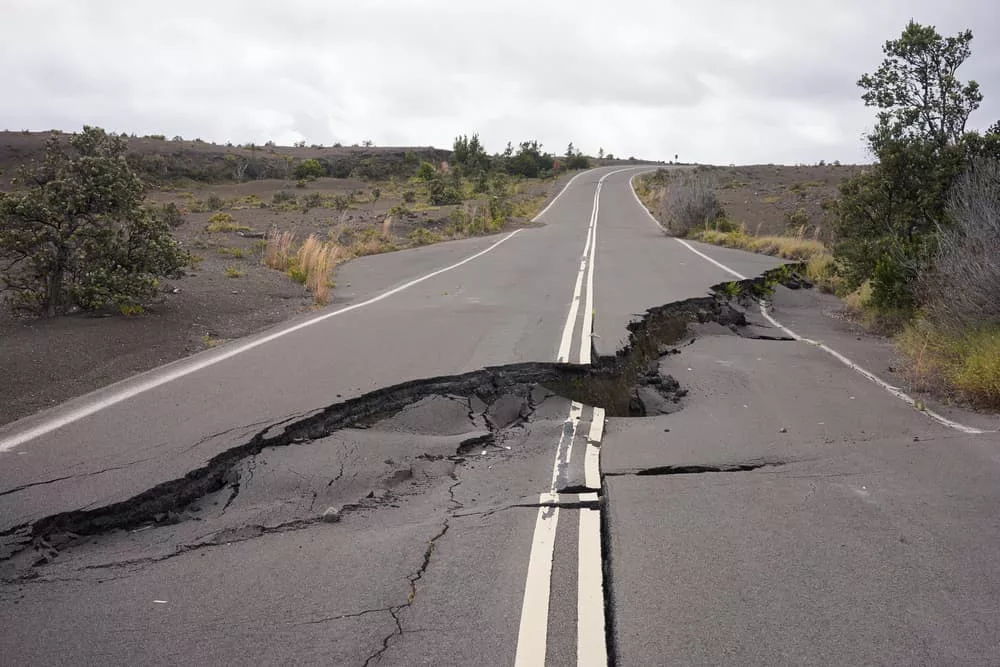
Car Accident
18 Jan 2024
Who Is Liable if a Road Hazard Causes a Car Accident?
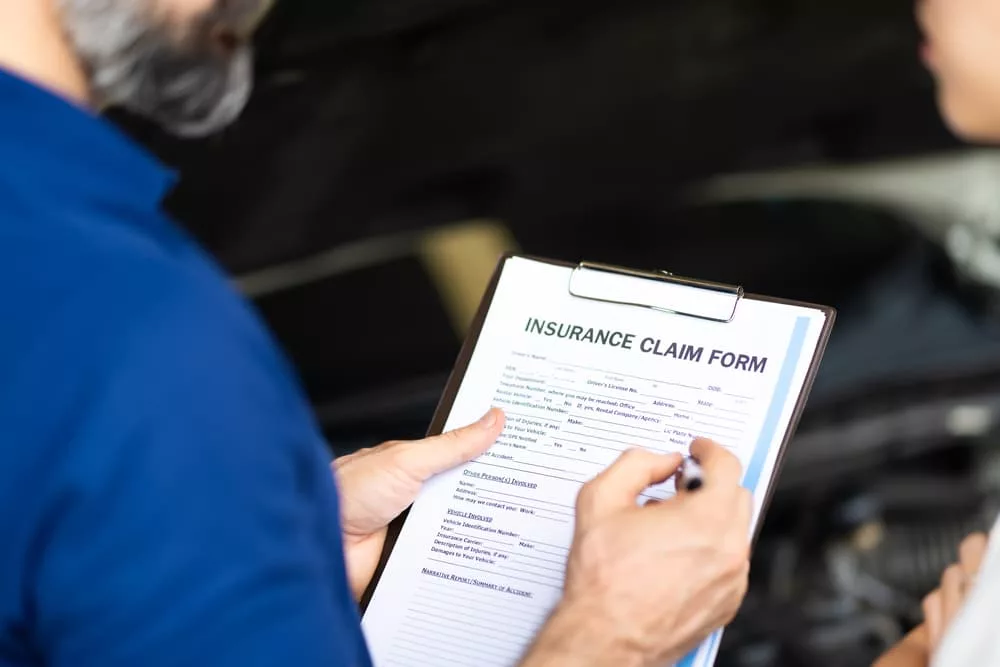
Car Accident
16 Jan 2024
How to File a Car Accident Claim as a Passenger
